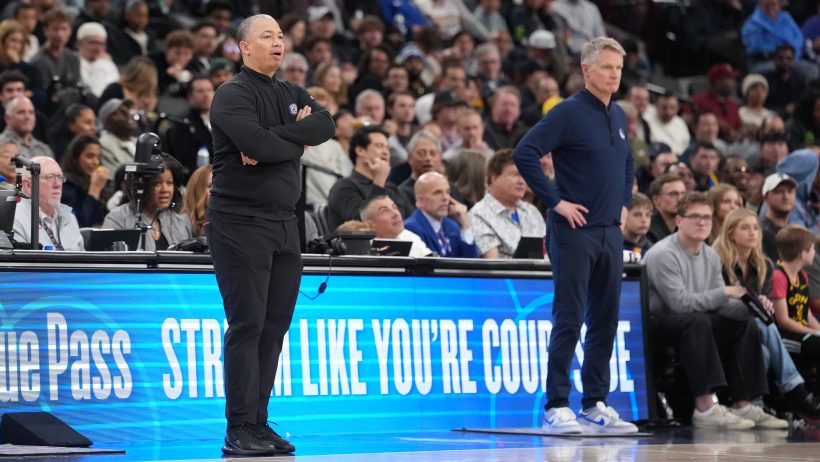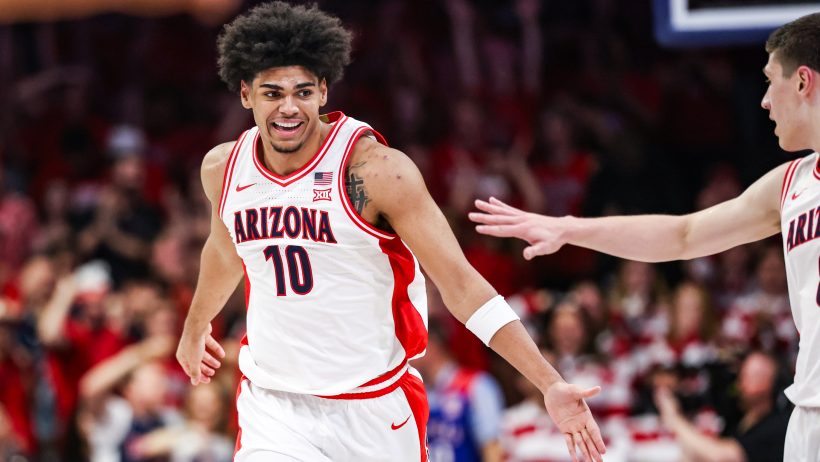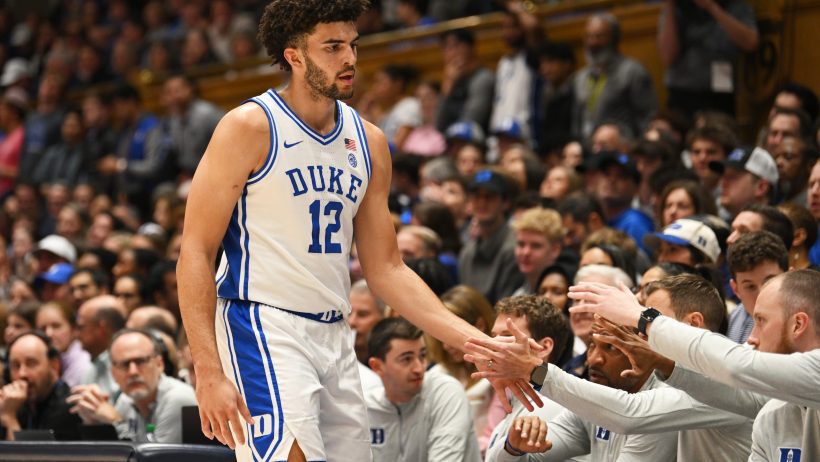Sports Betting Alliance Describes New Illinois Sports Betting Tax as ‘Discriminatory’
By Robert Linnehan in Sports Betting News
Published:

- Illinois lawmakers passed a budget that includes a new fee on every online sports bet made in the state
- The Sports Betting Alliance criticized the new sports betting tax
- Will affect recreational bettors most of all, alliance claims
The Sports Betting Alliance, which represents, FanDuel, DraftKings, BetMGM, and Fanatics Sportsbook, is firing back at Illinois lawmakers who passed a budget over the weekend that includes a new sports betting tax for licensed operators.
For the second consecutive year, lawmakers have raised Illinois sports betting taxes on licensed operators in the Prairie State. Gov. J.B. Pritzker (D) has indicated he will sign the new fiscal year budget into law, which includes a new $0.25 or $0.50 fee on every single online sports bet accepted in the state.
“Make no mistake, this discriminatory, punitive and constitutionally suspect tax increase on legal sportsbooks who have invested more than a billion dollars in the state will be destabilizing for regulated sports betting in Illinois,” a Sports Betting Alliance representative said in a prepared statement.
Hurting Recreational Illinois Sports Bettors
The new per bet tax will see a $0.25 charge on the first 20,000,000 online sports bets taken in the state each year. The fee will increase to $0.50 per bet for every single bet taken after the initial 20,000,000.
According to a report from the Chicago Tribune, the new fee is expected to bring in $36 million annually to the state.
A per bet tax most penalizes small, recreation bettors, many of whom are better just $1 or $2 per bet, according to the Sports Betting Alliance.
“Under this legislation, these popular bets will get hit with a massive 25% or 50% tax. Customers understand that they will be the ones to bear the cost of this new tax. That’s why Illinois customers sent more 76,000 emails and tweets to their representatives asking them to stop this discriminatory tax. With this change, lawmakers are essentially urging customers – and especially these small dollar bettors – to switch to unsafe and unregulated sportsbooks who defy state consumer protections and generate zero taxes for state priorities,” the alliance noted.
With the new fee per bet, Illinois will feature some of the highest tax rates in the country for sportsbooks.
Gov. Pritzker signed the Illinois FY 2025 budget into law on June 1, 2024, which included a new progressive tax rate for licensed state sportsbooks. The state budget includes the first-ever progressive tax rate for sports betting operators in the country, which will see sportsbooks pay a rate of 20% to 40% based on adjusted gross revenues.
The new rate went into effect on July 1, 2024.
Based on the structure, operators pay taxes based on the following adjusted gross sports betting revenue totals:
- $0 to $30 million: 20%
- $30 million to $50 million: 25%
- $50 million to $100 million: 30%
- $100 million to $200 million: 35%
- Over $200 million: 40%
Operators that accept under 20,000,000 bets will see an equivalent 12.5% tax increase, while those that eclipse the 20,000,000 bet threshold will see a 17% to 20% tax rate increase. This means FanDuel and DraftKings will be paying an equivalent 57% to 60% tax rate in the state, the highest sports betting tax rate in the country.
Why Not Illinois iGaming?
The Sports Betting Alliance further criticized the new budget and Illinois lawmakers for once again instituting a new tax on sports betting, but never seriously considering iGaming legalization during the session.
By ignoring iGaming legalization, the state is leaving more than $1 billion in revenues on the table, according to the alliance.
“It’s also extremely disappointing that the legislature chose to pass this tax and disregard the $1 billion in new revenue that a regulated and consumer-protected iGaming market would provide Illinois – allowing instead to let the current unregulated iGaming market that lacks any real consumer protections thrive.”

Regulatory Writer and Editor
Robert Linnehan covers all regulatory developments in online gambling and sports betting. He specializes in U.S. sports betting news along with casino regulation news as one of the most trusted sources in the country.



